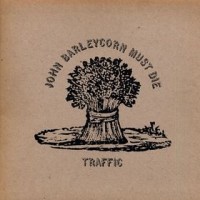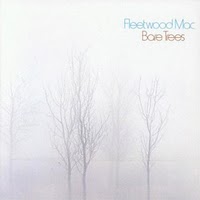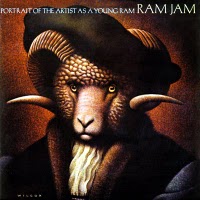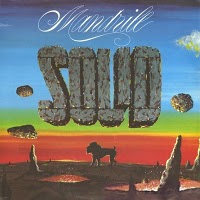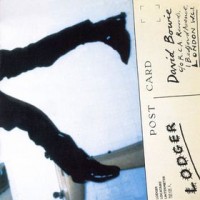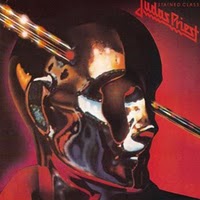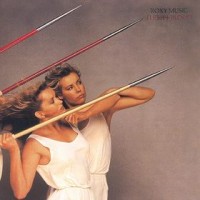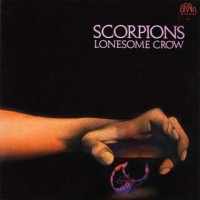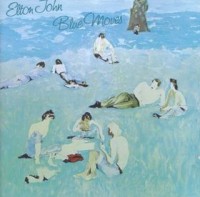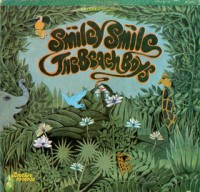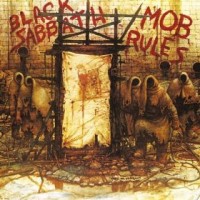Blue Moves broke Elton John’s seven consecutive #1 album streak. This has wrongfully earned it a bad reputation. It didn’t help that it was instantly dismissed by the critics and that this in turn drove many of Elton John’s loyal fan away. In fact, it is a step up from it’s predecessor Rock of the Westies and a worthy continuation of what was up until this point his nearly flawless music output. Comparisons between this and Elton’s other, more famous, double album Goodbye Yellow Brick Road are likely to be what plagued its public reception, as they were inevitable. Whereas Yellow Brick Road was glamorous and flashy, Blue Moves is intentionally bloated, huge, and vast. Everything is blown out of proportion on this album and its obvious Elton meant it as a big step forward. It’s inherent ambition may have led to its bad reception, but in retrospect it is a fine album, in its own right and compared to its predecessors.
The title Blue Moves suggests a somber and withdrawn album, and this is true to some degree; the album’s hit “Sorry Seems to Be the Hardest Word” is solemn and depressing (if not beautiful) and the openers, “Your Starter For” and “Tonight” are dark orchestral pieces. Together, they act as this album’s version of “Funeral For a Friend/ Love Lies Bleeding”; “Your Starter For…” and the first half of “Tonight” are instrumental, much as “Funeral For a Friend”, but where that song was progressive rock, these are orchestral- not to mention gorgeous. They sound like the soundtrack to the saddest movie ever made. Then comes the vocals on “Tonight” and the song shifts gears slightly, sounding more poignant and fragile; though just as dark and moody. “Funeral For a Friend/ Love Lies Bleeding” may have been a more instantly-winning and exciting opener for Yellow Brick Road, these two songs stir more emotion, even if they don’t grab the listener at first. Continuing the dark trend of the album is the next track, “One Horse Town”, which has helps swing the the album in more of a rock direction. The guitar work is amazing and when coupled with the rich dark atmosphere the orchestra adds, it’s an incredible song. Next is a more lighthearted and traditional ballad; “Chameleon”, which is another lost treasure. Next is “Boogie Pilgrim”, which adds a good funk element to the equation, and the folky masterpiece “Cage the Songbird”. The next two tracks, “Crazy Water” and “Shoulder Holster” favorably recall the funk/rock atmosphere of Rock of the Westies. Then we come to the hit “Sorry”, followed by the odd instrumental “Out of the Blue”. The album continues to hit frequent highs from here, such as the gospel flavored “Where’s the Shoorah”, “If There’s a God in Heaven”, “Idol”, and “Someone’s Final Song”.Then come the final two tracks on the album: “Theme from a Non-Existant TV series”, which is yet another instrumental and by far the least impressive (it has an odd river dance feel to it) and “Bit Your Lip (Get Up and Dance)”, which is mind-numbingly repetitive, way too long and just plain irritating. Though the closing songs end the album on anything but a high note, Blue Moves is an underrated album. It takes some time to grow, but once it does, it ranks among his other great ’70s albums. —Tommy
